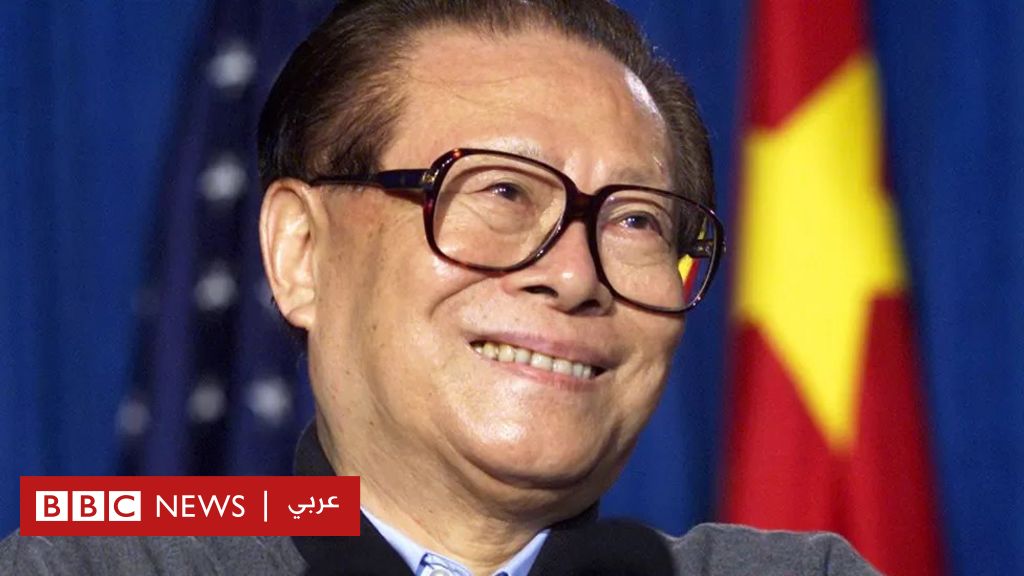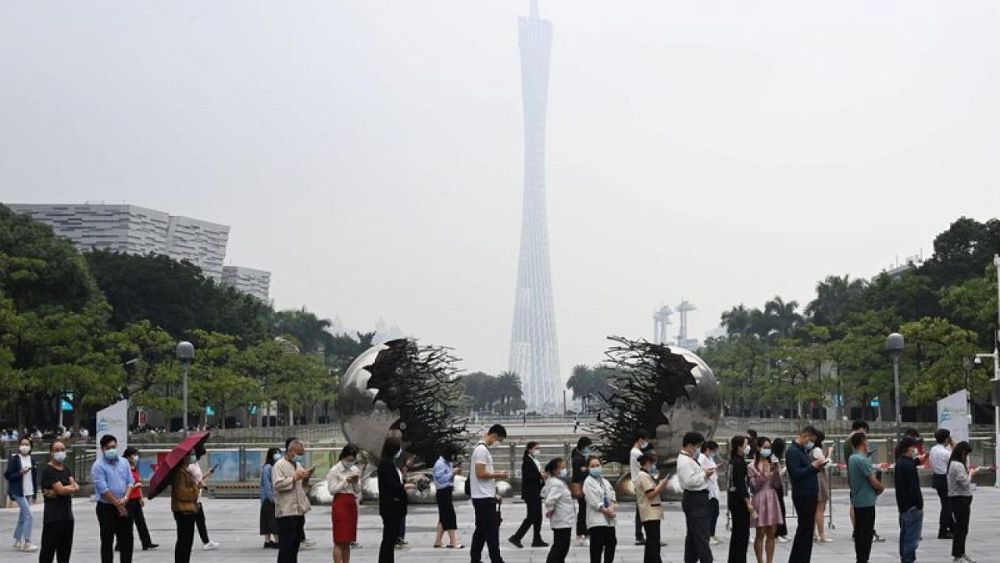Former Chinese President Jiang Zemin died on Wednesday at the age of 96, according to China’s Xinhua news agency.
The Chinese agency said Jiang died of leukemia and multiple organ failure, noting that he died in Shanghai.
China, led by Jiang, has managed to reintegrate the country into the international community, restoring sovereignty over Hong Kong and joining the World Trade Organization.
Jiang has been one of the key figures in Chinese history in recent decades, leading the country in a period that saw China open up on a large scale and experience great economic growth.
The former Chinese leader’s death comes at a time when the country is seeing some of its worst protests since Tiananmen, with many protesting the Covid restrictions imposed by the authorities.
A Communist Party statement added that the former Chinese leader was known as an “outstanding leader of high stature” and a “longtime Communist fighter”.
Jiang came to power after a bloody 1989 crackdown on protesters in Tiananmen Square in the capital, Beijing, a move that marginalized China internationally.
The event also sparked a bitter struggle for the leadership of the Communist Party between hardliners and reformists.
Influencers
Originally seen as an indolent bureaucrat, Jiang’s status was boosted and he was chosen as a centrist leader, hoping to unite extremist and more liberal elements.
During his reign, a strong economy was formed, the Communists tightened their grip on power, and China took its place at the table of world powers.
Jiang oversaw Hong Kong’s smooth return in 1997 and China’s entry into the World Trade Organization in 2001, a move that tied the country into the global economy.
But political reforms were also sidelined, suppressing domestic dissent as he took a hard line on Taiwan, and he was criticized for cracking down on Falun Gong in 1999, which was seen as a threat to the Communist Party.
The Chinese leader was also keen to ensure that his position within the Communist Party was secure and created his own political ideology, known as the “Three Representatives” theory, in an attempt to modernize the party.
During his tenure, Jiang sought to strengthen relations with the United States, offering then-President George W. Bush cooperation in Washington’s “war on terror” in the aftermath of the 9/11 attacks.
In a country not known for its outstanding leaders, Jiang was seen as having a more flamboyant personality than his successors.
He retired during his final years in government and was rarely seen in public, but even as he became less visible, he increasingly became a talking point on the internet in China and beyond.
Jiang initiated the transition to power in November 2002 when he appointed Hu Jintao as party leader. He succeeded Jintao Zemin as head of state in March 2003.
In September 2004, Jiang left his last post as chairman of the Armed Services Commission.
Jiang retired completely from political life and was rarely seen in public for many years.
Ma attended the opening ceremony of the 2008 Beijing Olympics, a sporting event that Ximin played a major role in getting China the honor of organizing.
He remained influential in political life, as he appeared in public again in 2012, when the issue of the transfer of power was under discussion and discussion.


